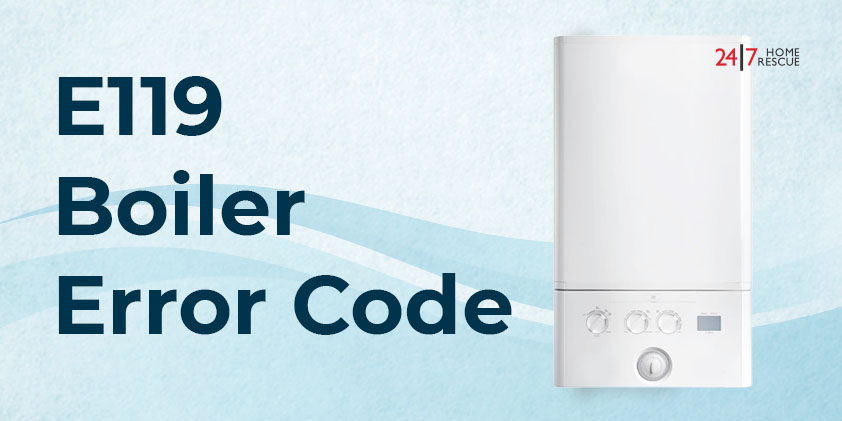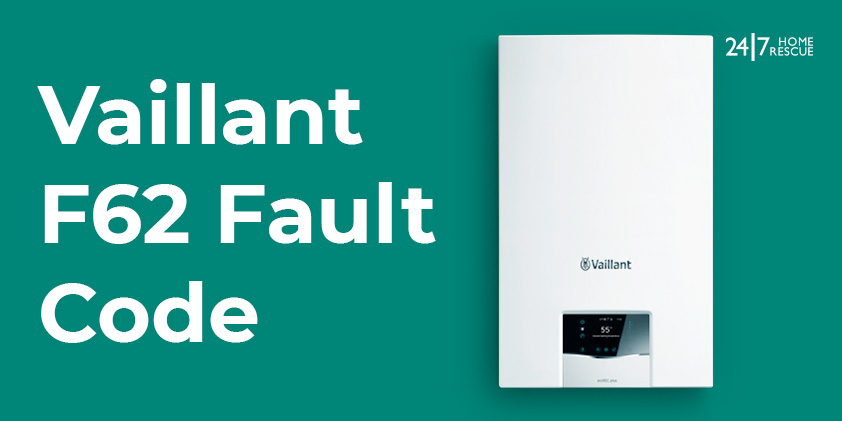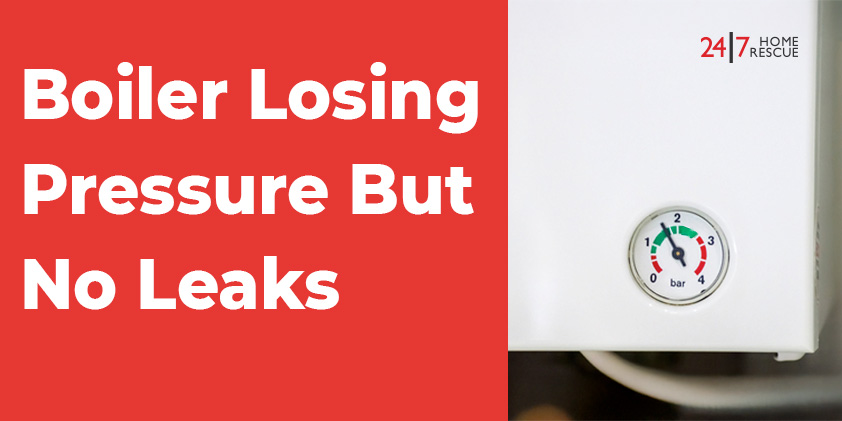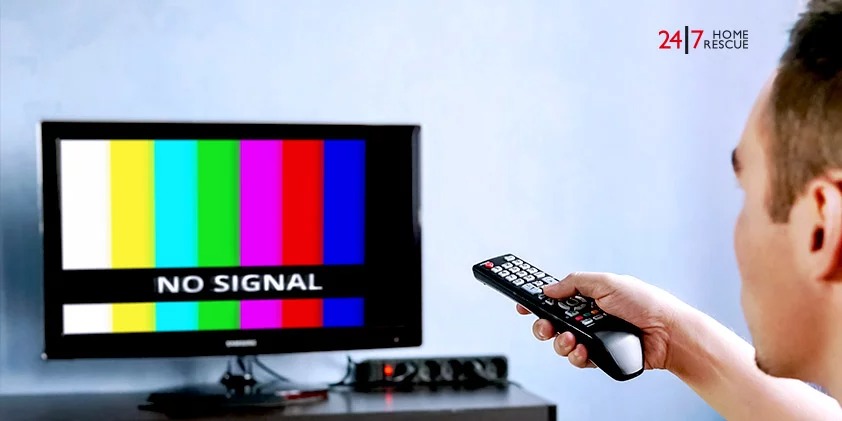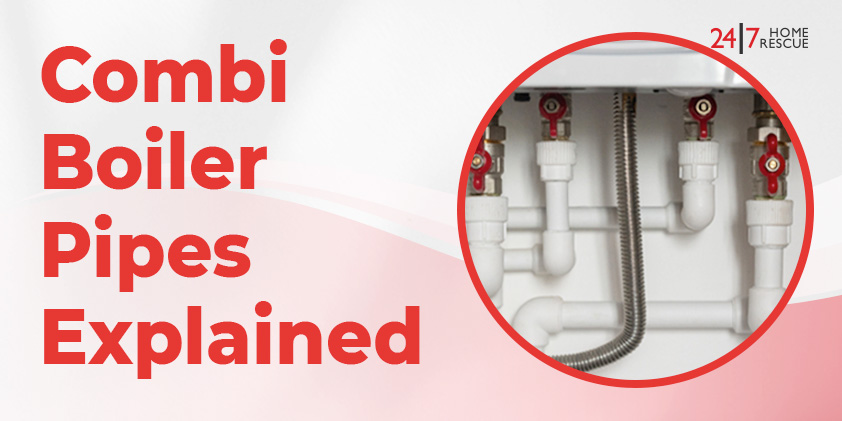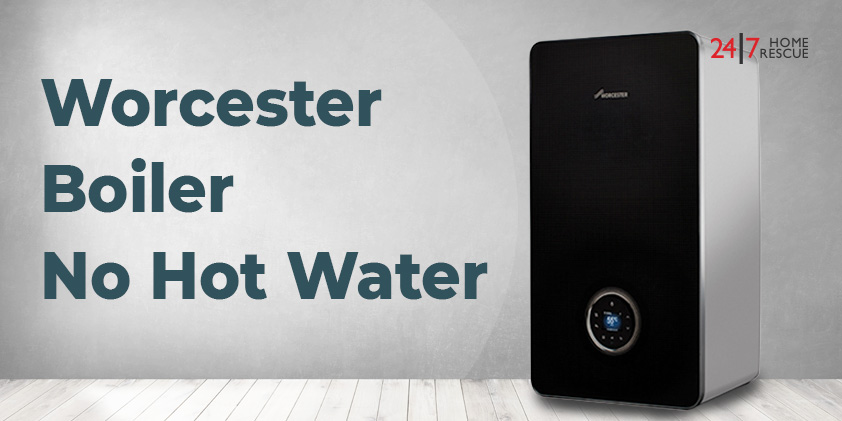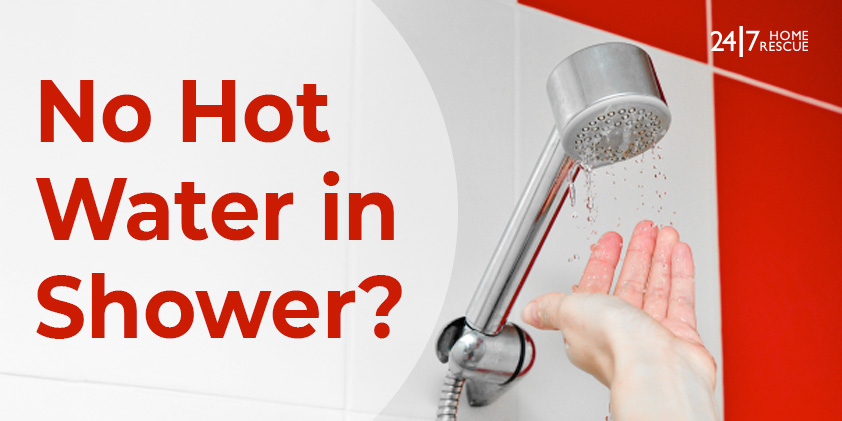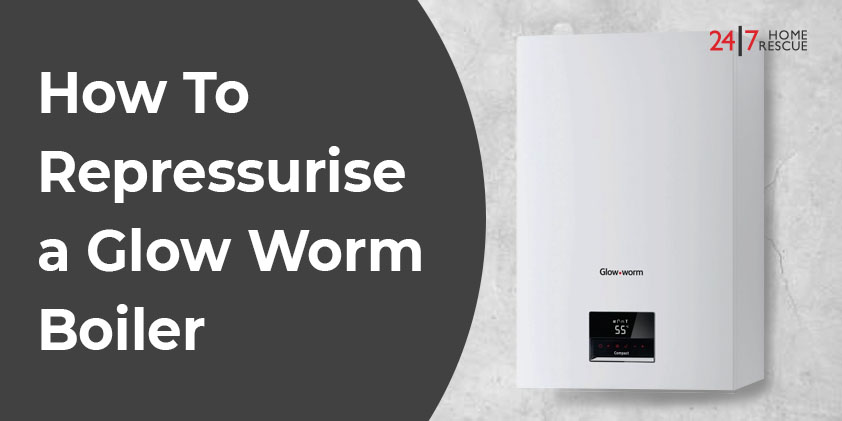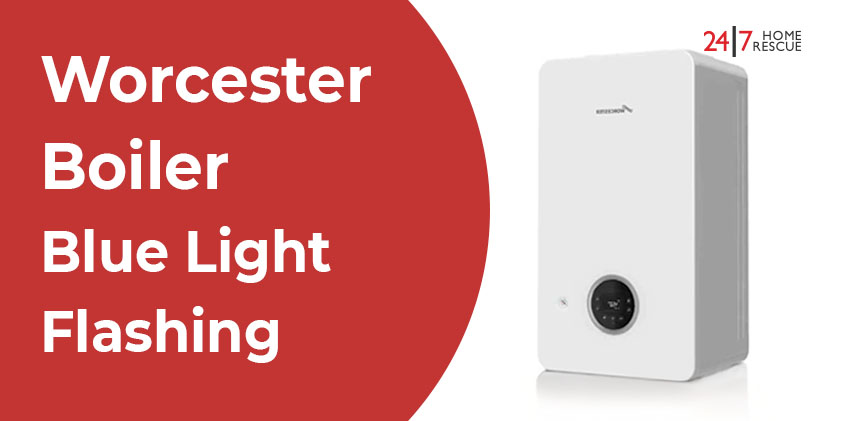
What is a Gas safety check, and why is it important?
A gas safety check in the UK is a comprehensive examination of all gas appliances, meters, associated pipework, and radiators within a property to ensure they are safe and in good working order. Registered Gas Safe engineers carry out this inspection with the required qualifications, skills, and experience to identify potential risks or faults that could cause harm to occupants. These checks are mandated by law and must be performed annually by landlords of rental properties to comply with their legal obligations.
As a landlord, you must obtain an annual gas safety check by a Gas Safe registered engineer to ensure you qualify for the CP12 Gas Safety Certificate, ensuring your property is safe for your tenants. And if your boiler is eligible, obtaining a landlord boiler cover would be an excellent investment, as it includes a CP12 certificate and provides peace of mind, knowing that you will be covered in the event of any issues.
Suppose you have arranged an annual gas safety check and are wondering how the process will proceed, what the engineer will inspect, how long a gas safety check typically takes, and what your responsibilities are. When you receive your Gas Safety Certificate, will the engineer inspect the gas appliance or make any necessary repairs?
This article will address all the questions related to Landlord Gas Safety Inspections, but before we proceed, it is essential to determine whether your appliance requires a gas safety check.
How do I know whether my appliances require a gas safety check?
Although you shouldn’t wait for signs to get a safety check for your appliance and get it done annually, you should immediately contact a gas-safe engineer if you see the following signs:
1. Gas appliances not working properly
When a gas appliance is not working correctly, several precautionary measures should be taken to ensure the safety of individuals in the surrounding environment. Firstly, it is essential to turn off the gas supply immediately and extinguish any flames that may be present. Next, adequate ventilation must be ensured by opening windows and doors to prevent the buildup of methane gas, which can lead to explosions or carbon monoxide poisoning.
It is also important not to attempt any repairs if you are unsure of what you are doing, as this could potentially cause more significant problems or endanger your safety. It is highly recommended that you seek professional assistance from a licensed gas technician who has the necessary equipment and expertise to safely and efficiently resolve the issue. Regular maintenance of appliances by professionals can identify potential hazards before they occur, thereby reducing the risk of future accidents.
2. Flame on the gas appliance is yellowish or orange
Ensuring that the flame on your gas appliance is a crisp, blue color is essential. This signifies that the gas combustion is taking place efficiently, as the blue flame indicates complete combustion with a sufficient air-to-gas ratio.
On the other hand, a yellow or orange flame is a warning sign that something is amiss, meaning incomplete combustion and the potential for toxic carbon monoxide emissions. It could result from incorrect gas pressure or clogged burner ports, which affect airflow to the flame. Therefore, observing and maintaining this blue flame also ensures the safe and optimal functioning of your gas appliance, avoiding potential hazards and prolonging its lifespan.
3. Black/brown marks on or around the appliance
Black or brown marks on or around the appliance can indicate overheating. These marks could be caused by a buildup of grease and grime, which can become flammable if not cleaned regularly.
Additionally, these marks could result from damaged insulation surrounding electrical components that have allowed heat to escape, resulting in scorching on the appliance’s surface. It is essential to address these marks promptly to prevent fire hazards and ensure the appliance remains safe.
4. Pilot light getting off
When facing the issue of a continually extinguished boiler pilot light, it is essential to consider several possible causes. The most common reasons could be faulty thermocouples or dirty burners, which restrict gas flow.
A malfunctioning safety switch may cause the automatic shut-off of the pilot light or result in low gas pressure. Ignition problems may also arise when attempting to start the heating system, which could further increase safety concerns within the household. It is vital to contact a professional HVAC technician who can promptly diagnose and fix any potential issues with the boiler system.
5. Increased condensation
Increased condensation inside the windows can cause gas safety concerns, as it is often a sign that the house has poor ventilation. Excess moisture in the air can react with gas appliances such as boilers and stoves to create harmful chemicals like carbon monoxide. This can lead to serious health problems, such as poisoning or even death.
It is crucial to ensure proper ventilation by installing vents or extractor fans that vent out moisture-rich air, especially in areas such as kitchens and bathrooms where gas-powered equipment is used. Regularly maintaining gas appliances and having them inspected by qualified professionals can also minimise the risk of accidents caused by increased condensation in the windows. Timely detection and proactive addressing of ventilation-related issues can always ensure a safe living environment for occupants.
How long does a gas safety check take, and for how long will the certificate last?
The gas safety check process typically lasts around 30 to 45 minutes, although the duration may vary depending on the property. After that, you will receive the certificate, which will be valid for up to 12 months.
What is the cost of a Gas Safety Check?
At 24|7 Home Rescue, you can obtain a Gas Safety Check, including a CP12 Certificate, from £45.00 per year.
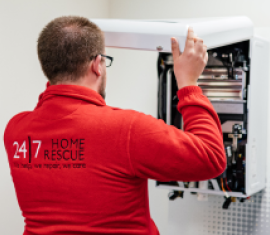
CP12 Certificate
Ensure compliance with a CP12 certificate inspected by Gas Safe engineers. Get our Landlord Boiler Cover, including a CP12 certificate.
What will the engineer be checking?

The certified Gas Safe Registered engineer will check:
- All gas appliances
- The gas supplies
- The gas fire (if you have one in your home)
- The gas cooker
- The heating and hot water (boiler)
- All radiators
- All smoke alarms
The engineer will service:
- The appliance that provides the primary source of heating and water
- The gas fire (if you have one installed on your property)
The engineer will fix the following:
- Any minor issues that will not take a significant amount of time
- Any heating-related problems
The engineer will also:
- Inspect your loft and cellar areas.
- Arrange for any necessary follow-up service visits to complete the inspection.
Fill out the certificate and ask you to sign an electronic version.
What you will receive:
A hard copy of the certificate will remain valid for up to 12 months. The certificate will be sent to you by post within 28 days of the inspection.
How to Prepare for a Gas Safety Check?
If you are a landlord and have organised yourself correctly by taking these simple steps, the whole process will be smooth and satisfactory from start to finish.
1. Tidy your home
It may seem obvious, but some people are more organised than others. By tidying your home, especially rooms where gas appliances are present, you are helping the engineer work more efficiently and in a safer environment.
2. Turn off the boiler
For the engineer to properly inspect your boiler, it is advisable to turn it off two hours before they arrive.
3. Keep a record of your inventory
You can keep a record of all the gas appliances on the property, which may help expedite the process. The engineer will still need to check and make their list as a legal requirement, just in case you forget to mention any.
4. Note anything you may have noticed
No matter how minor, it is essential to document any gas or pipe-related issues you may encounter. When the engineer arrives, you can inform them so they can identify a solution.
5. Keep hold of appliance manufacturers’ instructions
Always keep booklets or leaflets containing guides or instructions for your gas appliances on hand. You can then dig these out and have them ready for your appointment with the engineer. They may be able to solve a problem quickly with the help of the relevant manufacturer’s documentation that comes with a particular appliance.
6. Have your Tenancy Agreement handy
If you are a landlord and the engineer is visiting the tenant’s property, they may refuse your entry. The arrangement you agreed upon with your tenant should specify that you are permitted to access the property for any necessary maintenance or safety checks. And that you have issued a written notice to the tenant stating that you will need access (this should be part of a formal procedure as evidence that you have taken the correct steps).
7. Make sure an adult is present
A responsible adult over 16 must be present at the property while the engineer performs their checks.
Take the hassle out of getting your Gas Safety/CP12 Certificate with our annual boiler service. A friendly and qualified Gas Safe Registered engineer can issue you your certificate, check your appliances, and provide valuable gas safety information.
Conclusion
Now you know why an annual gas safety certificate is essential, how the process is performed, and how to stay prepared. Additionally, click here to understand the difference between CP12 and a Landlord Gas Safety Certificate. As a landlord, if you would like an annual gas safety check for your property, please don’t hesitate to contact 24|7 Home Rescue on 0345 3192 247.
At 24|7 Home Rescue, we aim to keep our blogs accurate and helpful at the time of publication. However, details such as images, services, or product information may change. Content is for general information only and not professional advice. For the latest updates, please review our Terms & Conditions or contact us directly. 24|7 Home Rescue accepts no liability for actions based on outdated or incomplete content. Our team is always happy to help with any questions.
